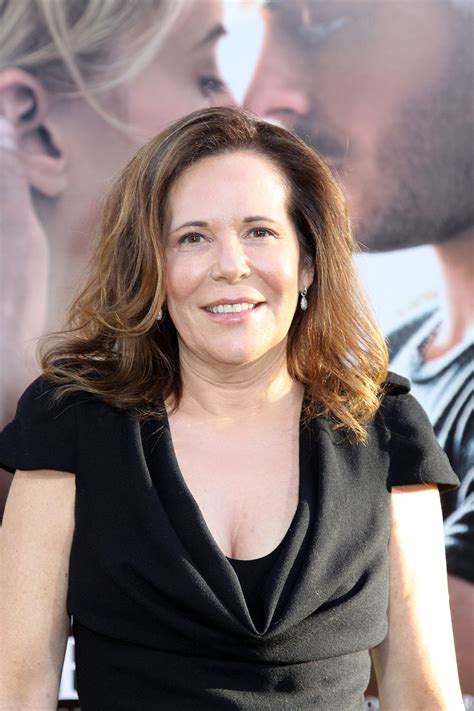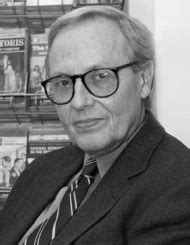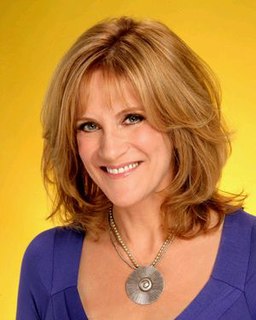A Quote by Mohsin Hamid
I think there's a growing courage among the younger generation of American writers. Because of the more superficial treatment of characters taking place in cinema, they have had to deal with that by digging deeper into who these people are.
Related Quotes
One of the reasons I think people are increasingly nervous about U.S. debt is because they think that we are not actually digging ourselves out of the hole, but instead are digging ourselves into a deeper and deeper hole and will not be able to pay it back because we're not actually creating the new technologies that will enable us to pay back and the money somehow is not really being invested in the future or in progress.
Being a director it's mean - digging deep in yourself as well. I think the deeper I understood the material and the script and the themes and the characters, I felt the more confident I was and the more I could bring to the movie. So I was lucky to have my actors because they were right there with me in the deep end.
I think that comes with a collaboration with the writers. I think that we get cast in edgier roles because we are a little more offbeat, so people - as we get to know the writers, and as the writers get to know us, they start to write around us more, and that's why I think the pilot is not always the best way to get to experience a new television show, because we're fitting ourselves into these characters. Whereas as the show evolves, they're writing the characters for us and for our strengths and weaknesses.
This is a landmark work in the history of African American studies and American intellectual history. Writing with verve, Jackson brings to life a large cast of characters and traces an ongoing conversation among the writers and critics of this period. This book is likely to become a model for a new generation of scholars, both for the breadth of its engagement and the depth of its archival research.
I think I would have been a lot more miserable and discovered a lot less of things I liked if I hadn't had LiveJournal in high school. I think it's interesting how blogging seems to be shaping a new generation of writers. I feel like growing up with the Internet/blogging/other structures seems to be a reason for the similarities people see in Tao Lin's writing and other young writers, rather than direct.
Particularly marijuana, I think is a great hypocrisy. I think frankly it contributes to a good deal of the sense of unfairness you have among younger people who are told they shouldn't do this because it’s got all these negative effects, but then older people are engaging in all kinds of things that probably have a greater impact on people.
I think what you have to realise is that our generation is the first generation since its sexual awakening has come into the world and realised that sex can mean, ultimately, death. That has had a very serious effect on social morals and on the way people deal with each other. As we approach the millennium, people are getting more and more confused and contact is getting more and more sanitised, so there's a lot more mental games being played.
I think that because of YouTube, because of MySpace, because of the digital domain that we have on the Internet, the younger generation is much more open to information. I think it's so much easier for them to gain information and trade information, and they have become more aware. In some cases, more aware than their own parents and adults, as to what's going on in the world. I find that really intriguing and interesting, and I think there is a brewing of a whole new generation of activists coming.
One thing that I don't think I do is play characters. Once you start claiming that you can do something that you're not, you're crazy. I think scripts can really surprise you. You go, "Wow, I did not know that that response could come from me. I did not know that I had that in me." And so, the process of making the movie is just finding that and digging a little deeper.
The representation of gay characters on screen is important for us all to think about because there are sadly too few representations of gay characters on screen in mainstream cinema. If Marvel starts making movies about gay superheroes, then we'll be in a really great place. We're not at that place.
The American horror movies are more moralistic, they have not only good characters, but characters where the ultimate danger is death. What I like about European cinema is they have another sense of what's good, what's bad, and sometimes all the characters are far more complex than just that. It's less binary, the Giallo genre.







































